Playing your part in the advertising agency client relationship
Clients are not stupid
An advertising agency client relationship is founded on respect. Clients can be frustrating, unpredictable and changeable. But they are certainly not stupid. You’ll find that more often than not, they have more education than you. They have more business experience than you. They make more decisions and handle themselves better under pressure. That may be why they make four to ten times more money than you.
Sometimes, it’s important for a client to play it safe. Or make a judgement call you don’t agree with or understand. Sure, like all humans, clients can be flawed. They have egos, uncertainties and foibles.
Creative departments spread stories about campaigns killed because their spouses didn’t like the color of the background. Or marketing managers who tested and tested and tested an idea into the ground until it was devoid of soul. You’ll have your own experiences within a month or two of your first job.
Believing the lie is counter-productive.
It doesn’t help you sell good work. It shows naivety on what how an advertising agency client relationship functions, and how important it is.
Worldwide CCO of BBDO, Dave Lubars has said his greatest talent is in being able to listen to people and understand exactly what they need (I’ve put some of his best work below).
I’m sure he has dozens of stories about clients and dubious decisions. But moping, complaining, or talking about how “stupid” the client is gets you nowhere. Instead he listens. He deeply knows there’s a reason for their actions. If he can understand their motives, desires, and modus operandi, he can figure out what to do next.
Remember, without good advertising agency client relationships, there is no agency. And no creative job for you. Clients deserve your respect, not your disdain.
Table of Contents
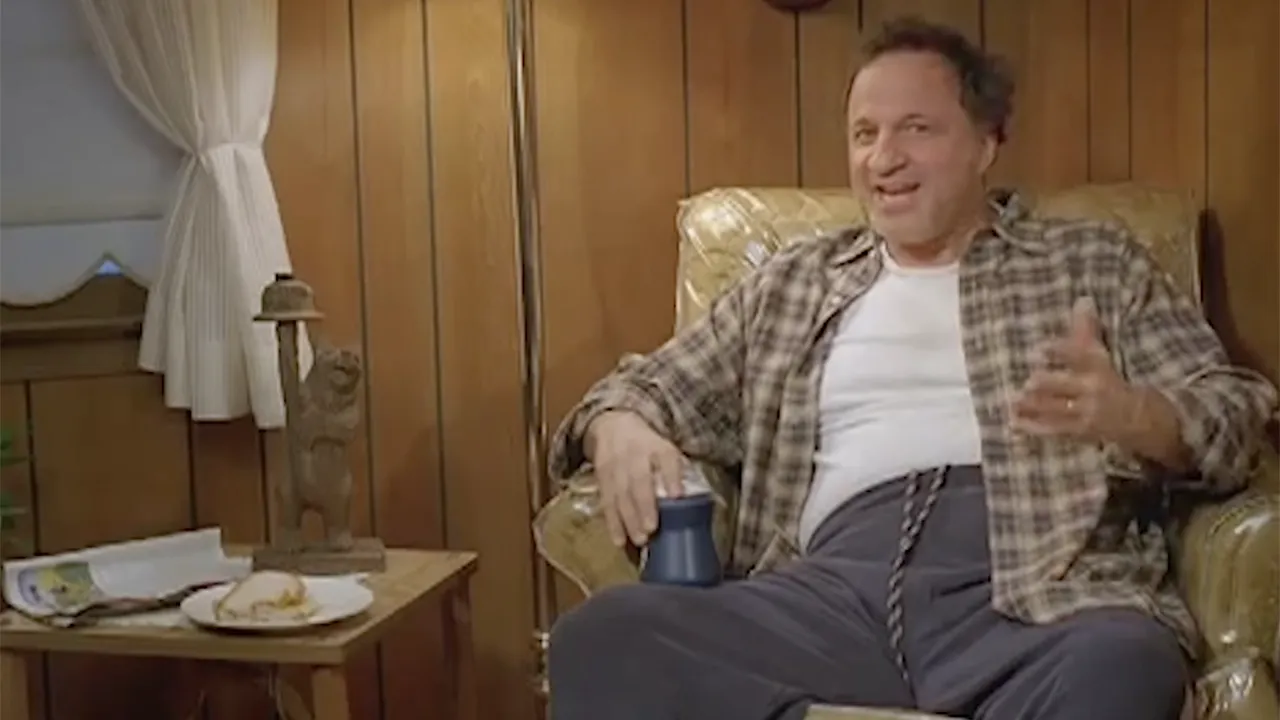
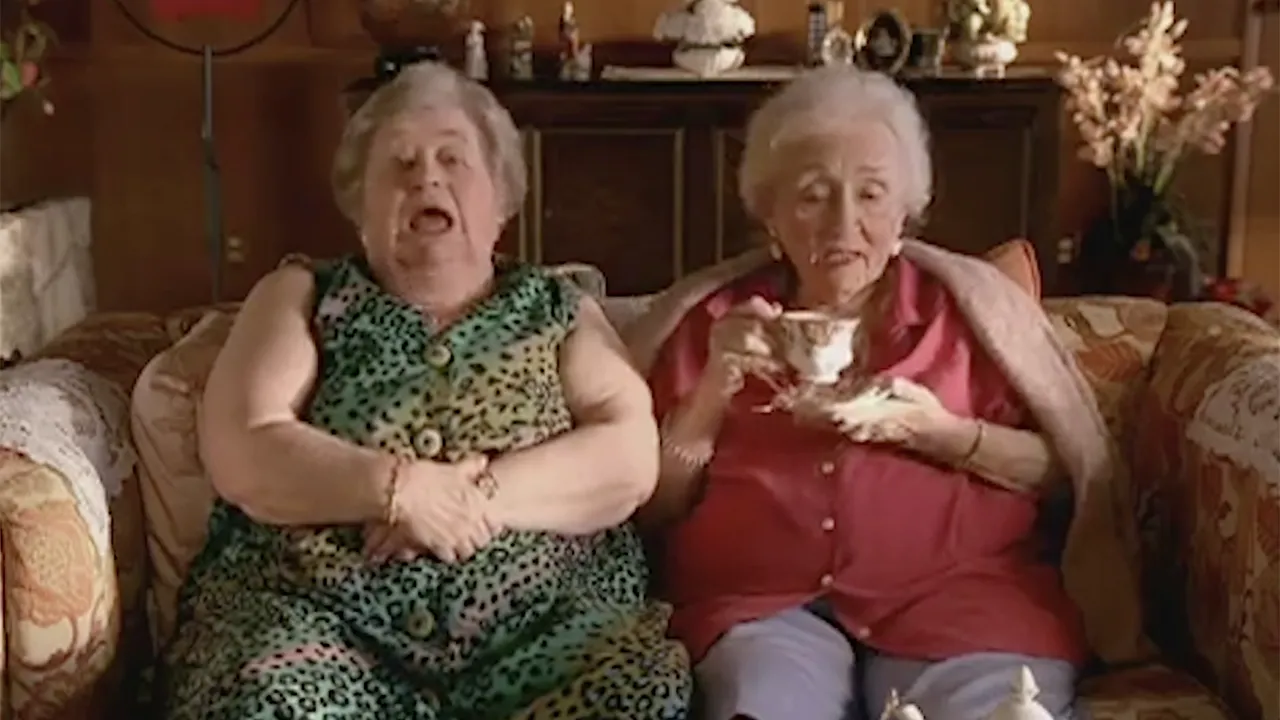

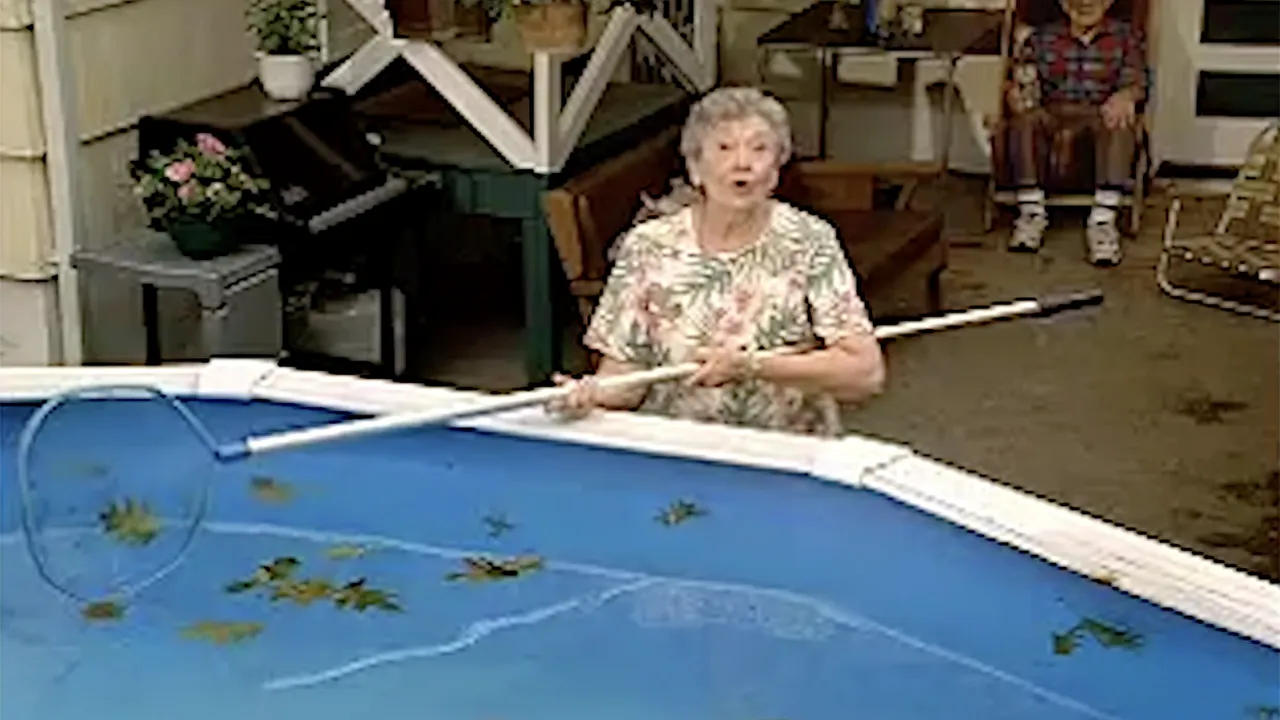
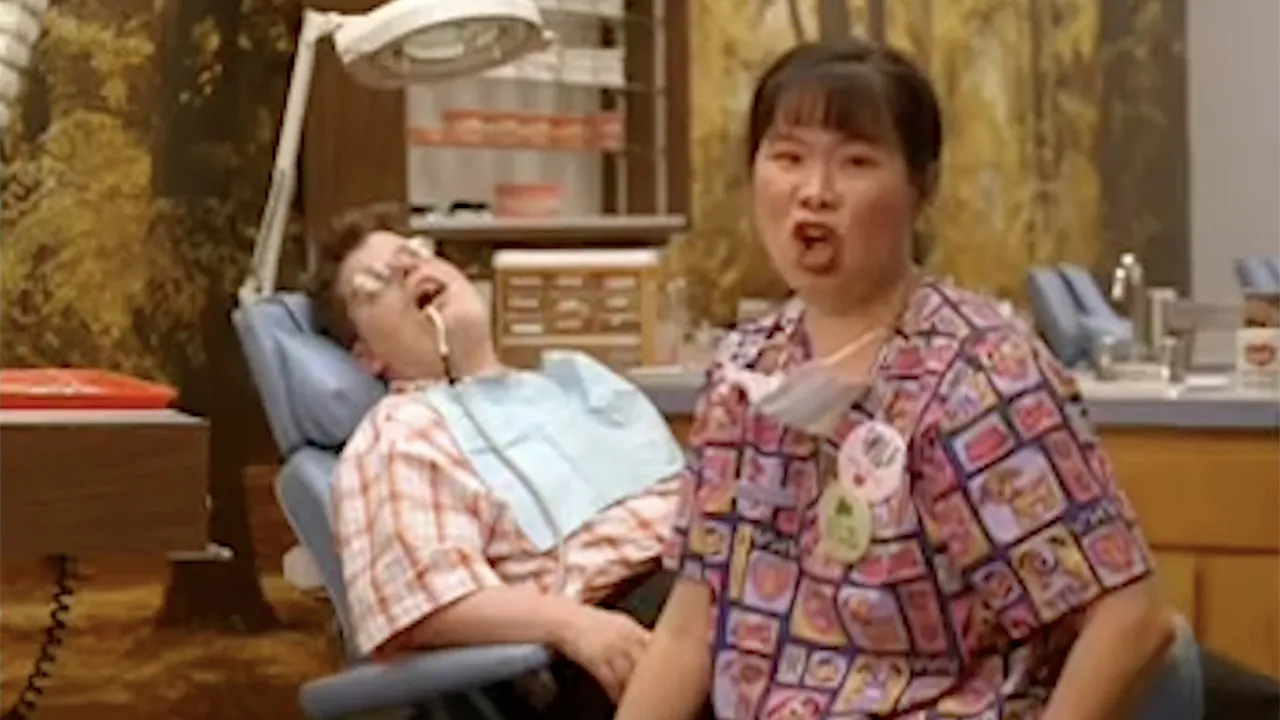
An advertising agency client relationship requires humility
You cannot win an argument with the client.
It’s the client’s money. It’s the client’s job and reputation on the line. No matter how strange their rationale might seem, you can’t really win an argument with the client.
Don’t be completely subservient though. Artful diplomacy goes a long way in an advertising agency client relationship. It can work. Though once you sense a client’s mind is made up, back off.
If you argue too much, the client will ask to have someone else put on the account. At worst the agency will lose the business entirely. It’s hard to do great work when you don’t have an account to do great work for.
Communicating takes more effort than arguing. Helping the client see your point of view takes more effort than trying to put the client in their place. Understanding the client’s point of view takes more effort than being unyielding on your own.
Being open to compromise doesn’t always mean letting the work become terrible.
It can mean that. But it doesn’t always have to. If you choose to honestly grapple with the clients reservations, it can make the work even better. Humility is key.
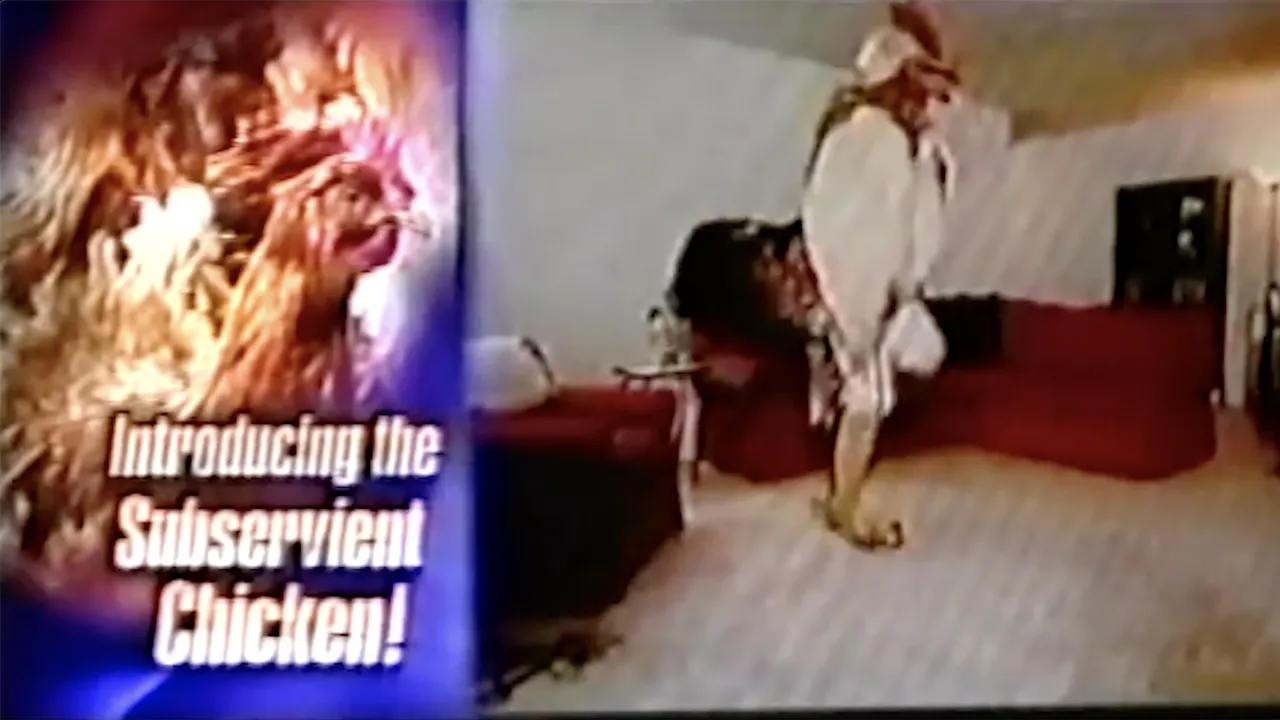
Over-deliver every single time
When your agency first seduced the client they made a lot of promises. They didn’t just promise. They over promised. I guarantee. Like it or not, you are personally responsible for every one of those over promises being fulfilled.
The only thing that cancels out an over promise is an over delivery.
A modern ad campaign requires hundreds of concepts to sustain it. Start the process immediately. Imagine you are preparing for a presentation for, say, a TV ad. You would also want to show, for example, how it would work as a social campaign. How would the idea work in a pre-roll? And not just a lazy cut-down version. Is there a completely new way to construct it for that format? How about a new way of thinking about the campaign in a vertical video format?
Throw in bonus media too. Is there a promotional item that can be created to accompany the campaign? Can an interesting competition mechanic grow from the idea?
Not only are you proving the strength and reach of the idea, you’re keeping the promises that the agency made to the client when their relationship began. It will be noticed by the agency, and more importantly, the client.
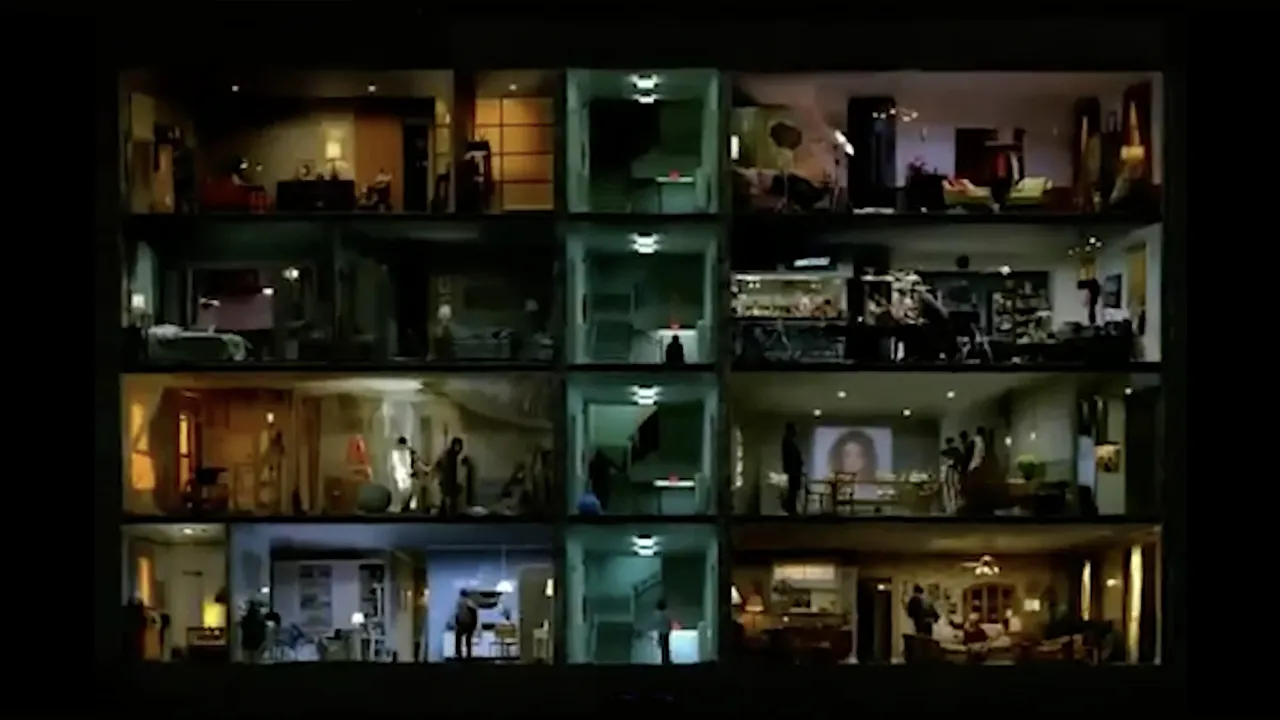
And don't stop over-delivering
After the first presentation, even if your client really likes a concept, they’ll have concerns and suggestions. Make sure you address their concerns and suggestions directly and honestly.
Once you have done that, and only after you have done that, look at what you have done again.
Is there another way of answering their issues? A cleaner, more succinct way. Could it simply about re-expressing a sentence or two? A different layout of the titles? An introduction of a new character or piece of animation that can solve the issues in a better way?
In the next presentation to the client, you will show them exactly what they asked for first. Afterward, you can show them the other alternative. But only after your client knows that you have listened.
They’ll appreciate your efforts. I guarantee it.

Find the over-promises in every brief
A brief is the document the client has affirmed as a reflection of what they want the work to achieve. There could be promises the account team buried in there that might seem small to you, but are pivotal in the mind of the client.
Looking at the brief, you mightn’t know it. That’s why you need to take the brief seriously. All of it.
Here’s how I always like to approach a brief.
Let’s say for simplicity you have three days to work on it.
First day: Read the brief quickly to get the overall gist. I don’t want to get bogged down in detail just yet. I take that first impression and use that to generate as many ideas as possible.
Second day: By this time, I might be drying up a little creatively. So, with my creative partner, I’d go back to the brief and see if there are any hints or new directions that the brief might hint at. We’d use this inspiration to generate more ideas.
Third day: We go through the concepts we have generated and we interrogate them against the detail of the brief. We make sure that our work is able to adjust to the smaller demands the client is placing upon it.
That’s what professionalism is all about. It’s your pathway to promotions and pay-rises. And it keeps the advertising agency client relationship on track.

Sweat the details in every presentation
How to spot a great creative directorEven in the earliest, roughest concept meetings, spelling mistakes are anathema. So too are page numbers and section headings positioned in slightly different places through your presentation deck.
Sloppiness is the worst possible look for an advertising creative.
Old-school creatives might tell you to spend as much time on the ideas as possible, but they’re wrong. They were presenting hand-drawn scamps to the clients, so they had that luxury. Times have changed.
Execution and presentation is where it’s at in the modern advertising business. Yes, you want your ideas to be great. But even the greatest ideas are tarnished by mis-spelled words and amateur slide design. Put aside adequate time to make them look as professional and as slick as possible.
Advertising agency client relationships are fragile
The pitch deck that got your client signed on to the agency would have been amazing. Detailed, immaculately presented. It’s an immediate downer when those standards slip. Those mistakes accumulate, and are never truly forgotten or forgiven. Advertising agency client relationships rarely blow up dramatically. More often, it’s the death of a thousand cuts.
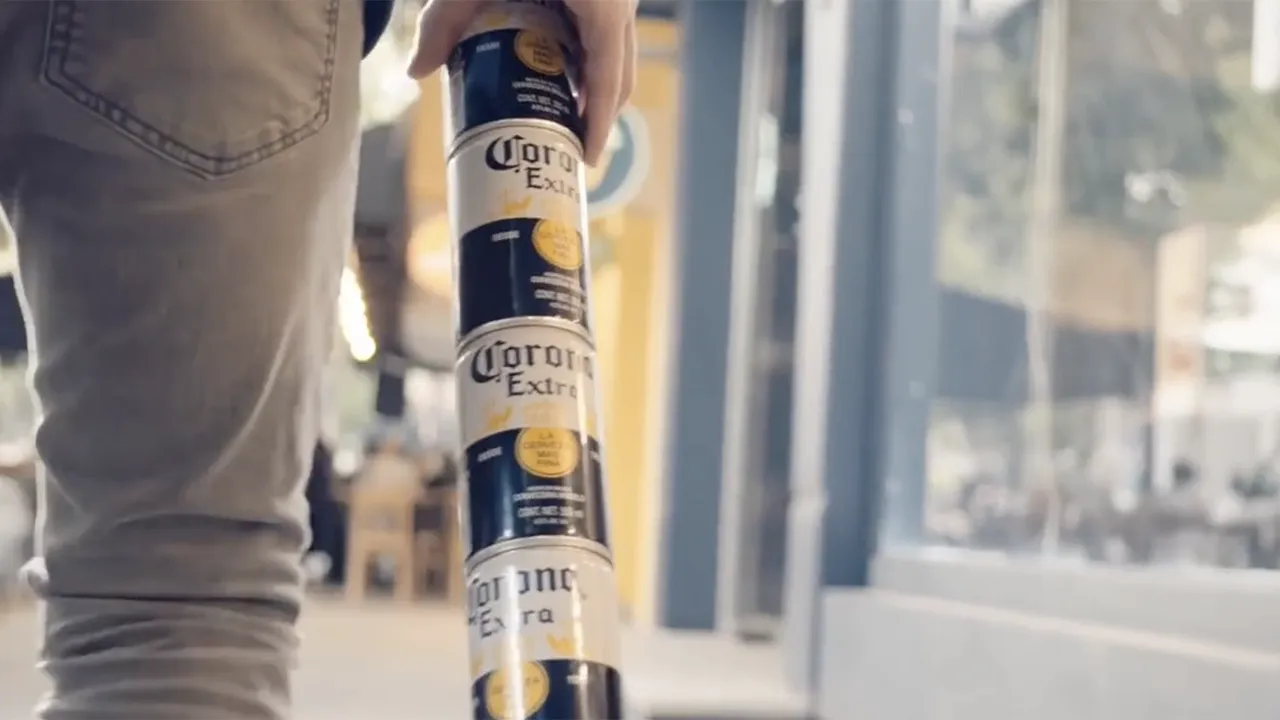
A final note
There will be multiple times in your career when the client goes against the agency recommendation. To be fair, agencies should always be prepared for this. If we don’t show bad work, our clients can’t buy bad work.
But sometimes we have a campaign, director or supplier we’re just dying to work with. And the client chooses the runner up. Or the runner up to the runner up.
A good client, who sees the agency as a partner will explain themselves.
Even if they’re not very clear, they’ll try. “I just feel more comfortable with this director because he’s got a lot more experience in our category.” Or, “I think this campaign will resonate better with our target market.
But when the response is, “Because I’m the client,” watch out. That’s not too far off from a husband telling his wife to have his supper ready when he comes home from bowling with the guys “because I’m the man in this house.”
“Because I’m the client.”
Those are dangerous words. Because they state the obvious, explain nothing, and are an attempt to put you in (what they perceive to be) in your place.
That client has mentally checked out of the agency. It can be turned around, but it takes an incredible amount of hard work. Advertising agency client relationships are fragile. They can be repaired, but the truth is they break all the time.
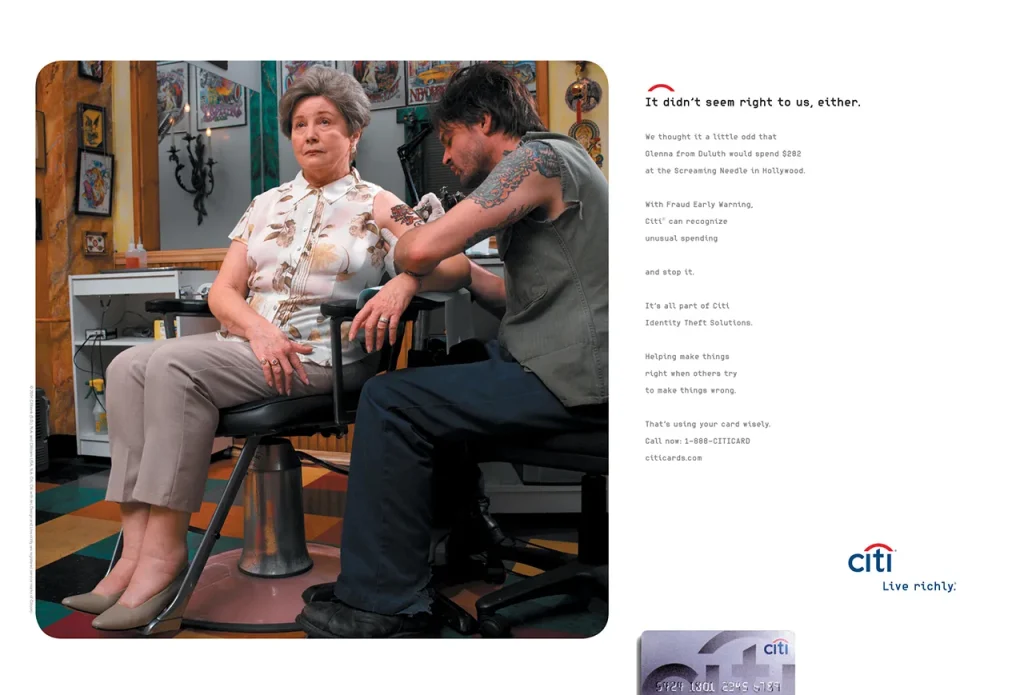
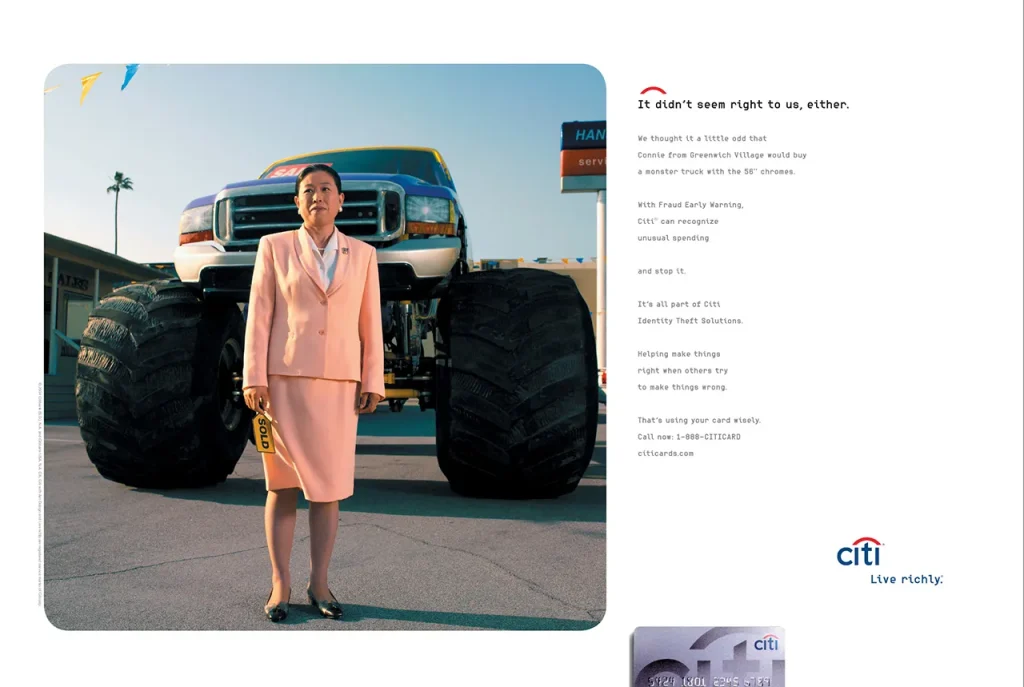
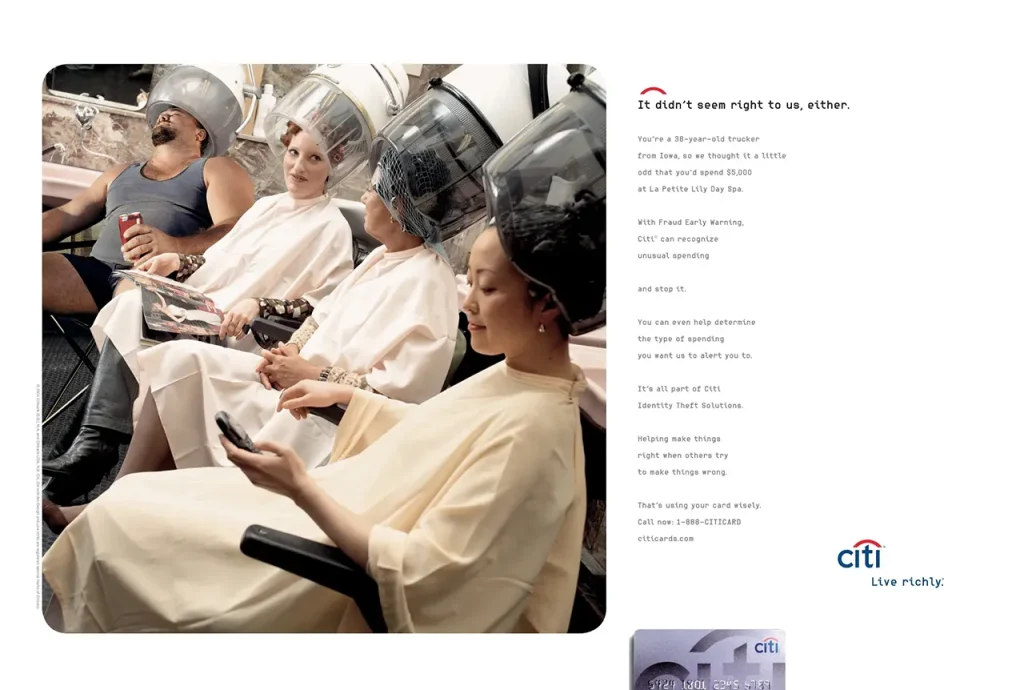
Things to do
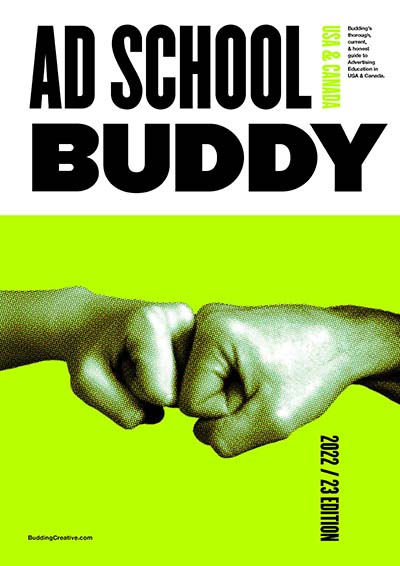
The Ad School Buddy
The best guide. Undergrad, portfolio, grad incubators and more.
Articles for you
The Ad School Buddy
To make it as a professional ad creative, your choice of school is key. This is the most comprehensive guide to creative education in North America by far.






